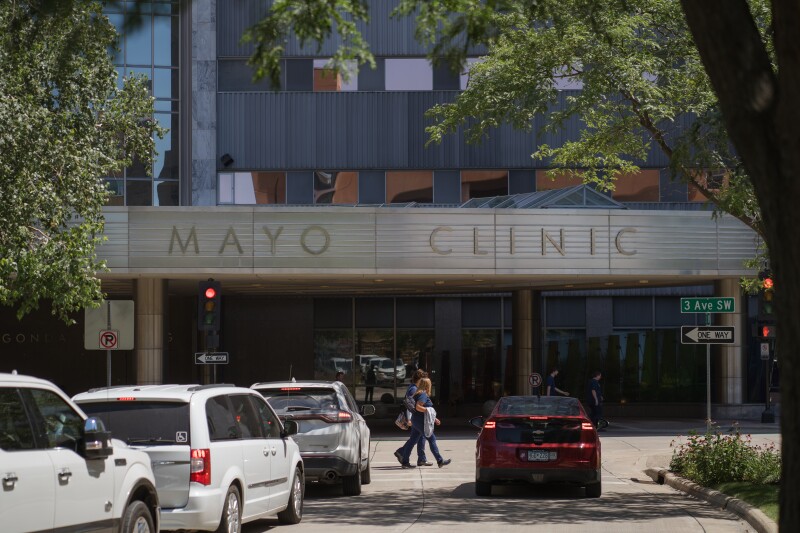On September 19, 2023, President Donald Trump announced a significant change to the H-1B visa program, imposing a new fee of $100,000 on each petition filed after September 21, 2025. This adjustment could have profound implications for institutions like the Mayo Clinic in Rochester, Minnesota, which sponsors hundreds of H-1B visas annually for non-U.S. medical professionals.
Typically, the cost to sponsor an H-1B visa is around $3,380. According to Bo Cooper, a Washington, D.C.-based immigration attorney, the jump to $100,000 represents a substantial increase, although it is not a recurring fee for existing visa holders or those seeking extensions. “This one-time fee applies only to new petitions,” Cooper clarified.
The Mayo Clinic, recognized as the third-largest sponsor of H-1B visas in Minnesota, has seen increasing approval numbers for H-1B applications, with 366 approved in 2023 and 390 in 2024. The institution relies heavily on foreign medical professionals, particularly physicians, to fill critical roles. In 2025, 153 of its approved applications were for clinical residents, a requirement for foreign doctors to practice in the U.S.
The University of Minnesota is another significant sponsor of H-1B visas, having secured 165 approvals this year. A university spokesperson stated, “The university is aware of the proclamation and will continue to keep all members of our community who are affected by immigration policies well-informed.”
Concerns regarding the potential impact of the new fee have already emerged within the medical community. Physicians are not the only professionals recruited by Mayo Clinic; other job titles include research associates, social workers, and senior software engineers. The new fee could deter international talent, which is essential for maintaining service levels in healthcare.
According to reports from Bloomberg, there may be exemptions from the new fee for certain occupations deemed critical to the U.S. national interest. Cooper noted, “The proclamation allows for exemptions where the Department of Homeland Security decides the employment is in the U.S. national interest.” Although it remains unclear which roles might qualify, there is hope that healthcare positions will be included.
Legal challenges against this new fee are anticipated, but Cooper cautioned that the outcome is uncertain. “Congress and the Supreme Court have provided broad leeway to restrict entry based on national interests,” he stated. “However, this proclamation is different from past actions, particularly since H-1B fees have been previously defined by Congress.”
As the situation develops, employers and prospective foreign workers are closely monitoring the implications of these new regulations, particularly regarding high-priority hires in essential sectors like healthcare. The future of medical staffing at institutions like the Mayo Clinic may hinge on the resolution of these legal and regulatory challenges.
